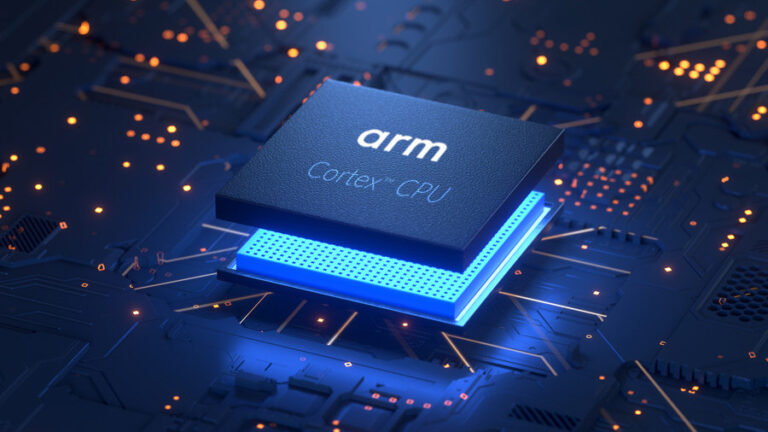Brute force is not the answer.
- NVIDIA reported excellent results as it is the main supplier to an industry where difficulties in evolving its technology have forced it to rely on ever-increasing compute power for progress.
- This is not a sustainable position as RFM research (see here) indicates that many of the new techniques being explored to advance AI use only a tiny fraction of the compute power compared to those that are in commercial use today.
- However, while these techniques remain in the realm of academic research, the brute force approach to making AI algorithms more capable is likely to persist until the money runs out.
- That time may not be very far away.
- It is this trend that was the main driver of NVDIA’s FQ2 2021 results where revenues / EPS were $3.87bn / $0.99 ahead of consensus at $3.66bn / $0.94.
- The data centre was at the heart of the results with 167% YoY revenue growth to $1.75bn in revenues eclipsing gaming to become NVDIA’s biggest business line.
- Gaming also fared well thanks to the pandemic, but it is clear where the market is placing the value in this company which now has a market capitalisation of $300bn (50% larger than Intel).
- NVIDIA now has a forward 2020 PER ratio of 55.4x meaning that the market expects that growth in AI-driven data centre is expected to continue at a breakneck pace for the long-term.
- The company poured some cold water on this notion during the conference call which is why it sold off after hours, but this is due to greater caution around data centre spending in general.
- This is a sentiment that has been echoed by IBM (and to some degree by Amazon) where spending in the data centre has become concentrated in areas to do with remote working at the expense of the more general move to the cloud.
- The reason for this caution is the outlook for the economy which continues to be pretty bleak even if the stock market continues to pretend that nothing is wrong.
- With a valuation of $300bn and 55.4x PER, investors are being asked to assume that the AI brute force bonanza will continue for many years to come.
- This is where the argument breaks down in my opinion as:
- First, diminishing returns: RFM research (see here) indicates that with the end of Moore’s Law, the cost of compute is no longer falling.
- This means that the brute force approach of ever-increasing compute will become prohibitively expensive resulting in diminishing returns in terms of what AI delivers financially.
- This is a factor that is likely to see progress in AI really begin to slow down over the next 12-18 months.
- This will have a meaningful impact on NVDIA’s data centre revenues.
- Second, Brute force is not the answer: The brute force approach is based on the idea that with enough compute and enough perfect data, deep learning could achieve general intelligence.
- This is the approach championed by OpenAI explaining why Microsoft is an investor as it is Microsoft that is supplying the compute power to OpenAI.
- However, this approach is demonstrably flawed as OpenAI’s releases have failed t live up to the hype which has accompanied them.
- Consequently, RFM research has found that other, far more elegant approaches are more likely to produce the advances in AI that everyone is looking for (see here).
- Furthermore, the initial findings of these approaches are that they use far less data and compute power which will put pressure on NVIDIA’s chip sales if they begin to be used commercially.
- This is why I think NVDIA’s approach of ever more horsepower will not sustain it in the long term and why I think the shares are overvalued.
- While the overall market continues to ignore any semblance of reality, it is impossible to tell where the top might be (just as it was in 1999 and 2000).
- However, I am pretty sure that once reality takes hold, the valuation will be a lot less than it is now.
- Time to reduce holdings.










Blog Comments
akash verma
September 2, 2020 at 3:02 pm
Because realmi is made up for gaming only. It is a gaming smartphone